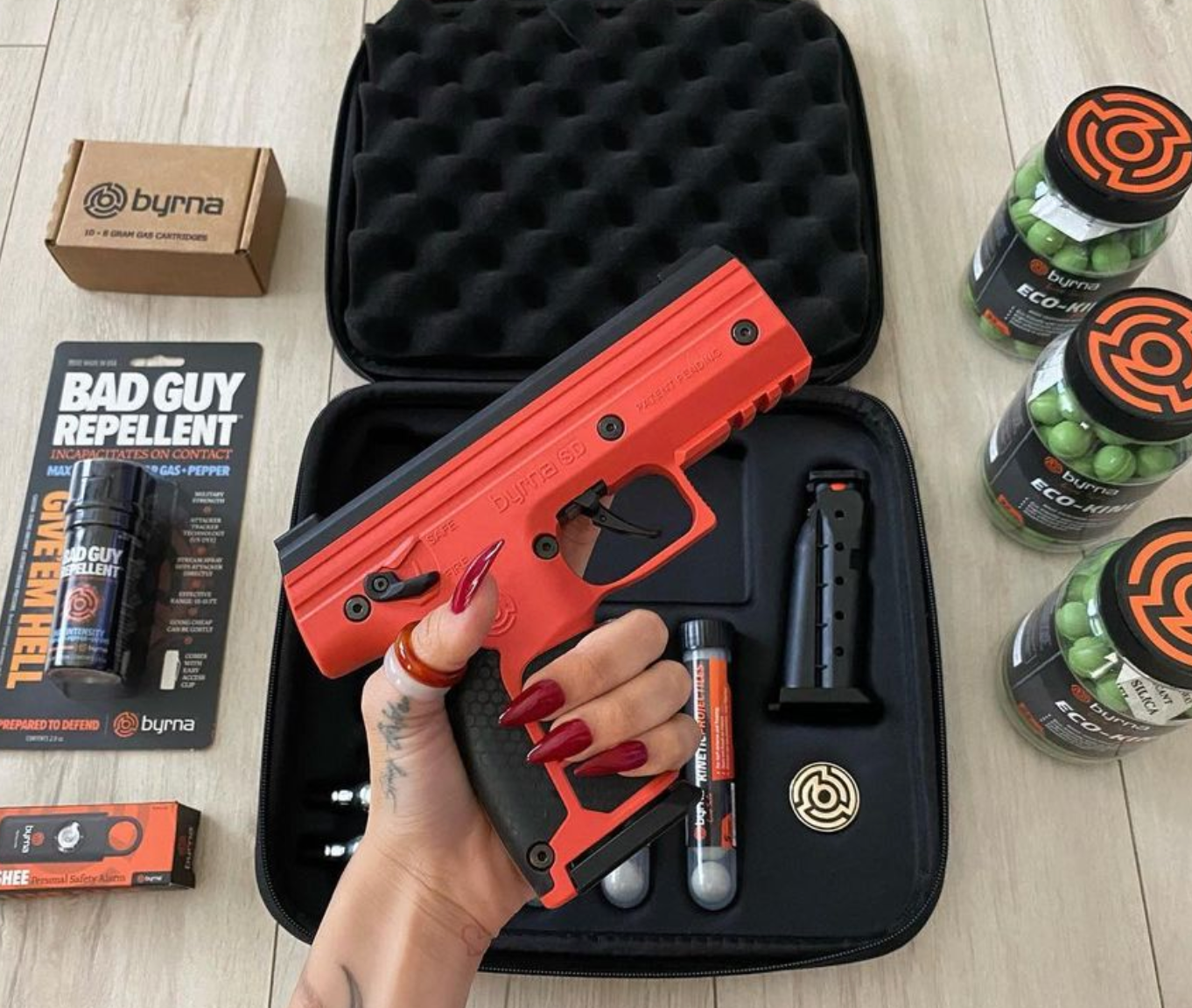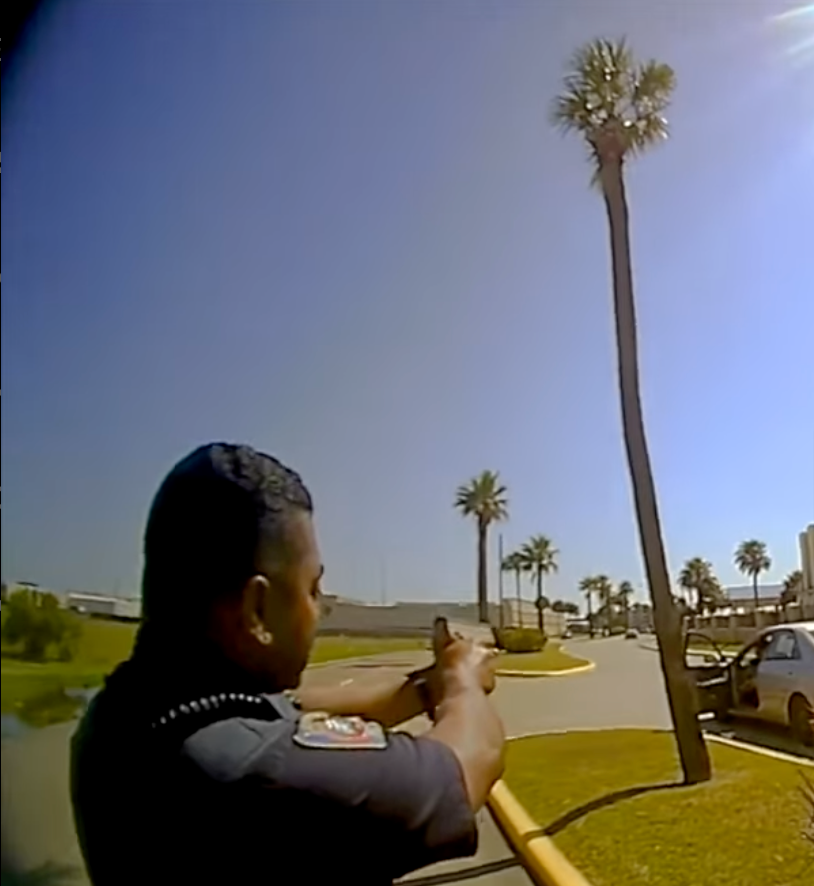
When you defend yourself in Canada, you need to balance your right to protection with what the law actually lets you do. You should know that "reasonable force" is the line that separates legal self-defense from criminal actions. Canadian courts generally use this concept to determine if you acted within your rights or if you went too far. This idea can make the difference between your freedom and a conviction if you've had to defend yourself in a situation.
As a starting point, Section 34 of the Criminal Code sets out the laws that you need to follow. When reviewing your case, the courts will usually consider factors like how serious the threat was, if your response matched that threat, and whether you could've done something else instead. The way that these laws apply changes depending on the situation. Defending yourself at home looks very different from a confrontation that happens on the street.
Learning about these legal limits helps you make better split-second decisions to protect yourself while staying within the law. You might personally feel that your defense was justified. But the courts will have their own standards that they'll measure your actions against.
Your natural reaction to defend yourself comes with some legal considerations attached to it. So, let's get started with what actually goes into these decisions and the framework that shapes them in your situations.
Table of Contents
The Definition And The Legal Framework
You can defend yourself if someone breaks into your home or tries to hurt you while you're in Canada (this right comes from Section 34 of the Canadian Criminal Code)!

There are some limits, though - you can't just do whatever you want and call it self-defense. The law uses the term "reasonable force" to describe what you can do when you're in danger.
Reasonable force usually means the protection that fits your particular situation. You can fight back when you're threatened. But your response should generally match what's happening. If someone just pushes you, shooting them would go way past what the law considers to be reasonable.
In most cases, your actions will count as self-defense when you meet certain criteria. Just remember that you need to honestly believe that you or someone else is under attack or about to be. Your fear should make some sense based on what's going on around you at the time.
Protection needs to be your goal, not revenge. If the danger has already passed and you chase after the person, you've crossed the line from self-defense to something else entirely. You should think about keeping yourself safe instead of teaching someone a lesson.
The courts normally look at different things in these cases. As a general rule, they see how serious the threat was and what other options you might have had at the time - each situation is different, and what makes sense changes from one case to another.
When you're scared, you often respond without much time to think. The Canadian courts understand this concept. They know that you might feel afraid or confused when you're protecting yourself. What matters is if your actions would seem reasonable to someone who gets what was happening to you at that moment.
The Factors Considered By Courts
The law doesn't always require you to run away in these cases. But the judges will ask if you had some other options that didn't mean physical force. How you actually got into the situation matters quite a bit, too. Did you maybe start the confrontation yourself? If so, your self-defense claim probably won't hold up well in court.
You should understand that weapons also play a big part in these types of cases. The court usually pays close attention to whether anyone used weapons during the incident. Did you pick up a knife while the other person had no weapon? Or were you just responding to someone who threatened you with something dangerous? These facts matter to your case.
The physical differences between you and the other person will matter, too. Courts look at the size, age, gender, and physical abilities of both you and your attacker. If you're much stronger than the other person, you might need less force to stay safe. But if you're smaller, you might need to use more force to protect yourself from a bigger attacker.

Your previous history with the other person can also affect your case. The court tends to want to know if there's been any conflict between you two before - this background information helps them see why you felt threatened and why you responded the way you did. If it's a stranger, you may be better protected. The relationship matters.
Additionally, Canadian law always expects you to match your response to the level of danger you face. You basically can't use extreme measures. Your defense actually needs to fit the threat. When you go overboard with force, your valid self-defense claim can quickly turn into an assault charge against you.
Remember that what was actually going through your mind during the incident matters, too. The court will want to know if you legitimately believed you were in real danger. They'll also look at if your belief made sense given the situation you were in at that time.
Reasonable Force
The courts generally check a few things to determine if you used reasonable force in your defense.
They'll look at how dangerous the situation was and what options you had at the time of the incident. Your size compared to the attacker matters in these cases, too. If you're smaller than the person who's threatening you, you might need to use different ways to protect yourself from harm.
You should know that how you felt during the incident counts for quite a bit in your case. Were you scared, and did you believe that you were in danger at that time? The court will consider that when making its decision. They care about what you honestly thought was happening then, not what became clear to everyone afterward. Fear normally changes how anyone responds to threats, and the courts understand this.

You need to match your response to how serious the threat is to you. Pushing back makes sense in certain situations. Using more force is probably going too far in some cases. Try to use just enough force to keep yourself safe from harm. In reality, if you go past what you need, it might turn you into the attacker in the eyes of the law itself.
Remember that in some situations, you can respond more strongly to the threat. When someone breaks into your home at night, the courts find that your options are limited. They tend to give you more room to defend yourself during home invasions. Just remember that your response should still connect to the danger you find at that time.
Where the incident happens can affect what counts as a reasonable defense in court. Protecting yourself at home is viewed differently than fighting back in a public place. The law tends to give you more protection when you're defending your home from intruders - this shows how your personal space holds a place in the Canadian law system.
Some Nonviolent Defense Options
You can sometimes manage tense situations by bringing down the temperature a bit. Try a calm voice and use some relaxed words to cool the situation down. Simply showing you're not interested in escalating can make someone back away from you. The way you speak changes how these moments play out in real life.
Putting some space between you and someone threatening you helps quite a bit, too. Just backing up or moving somewhere more public might keep you safe. Most people who might attack you don't want others watching them. Can you find an exit or move somewhere with witnesses around? That often stops challenges before they start to escalate.
Remember that speaking up works way better than you might expect in these self-defense situations. When you say "Stop" or "Back off" in a strong voice, you're letting that person know you see what's happening right then and there. Other people might hear you, too, which creates witnesses for you. You're also making it clear you're not the one starting the issue at all.
Remember, the law generally sees asking for help as a good move to make. You can call out for help or you can use a personal alarm or dial 911 - these count as helpful responses in an emergency. When the police look at self-defense cases, they like seeing that you tried to get help instead of handling everything yourself.

Being aware of what's around you counts as legal self-defense, too, in some cases. When you see possible challenges early on, you have more options about what to do next. You can stay away from risky situations completely by finding warning signs ahead of time. Canadian laws support this kind of thinking ahead for your safety.
Just remember that physical force works better as your last choice in the majority of situations. If your case goes to court, they'll check to see if you had other options you could've used instead. They get that sometimes you need to act fast to stay safe in the moment. But they want to see that you at least thought about safer ways to manage matters first.
The Proportionality of Your Self-Defense
There are some limits to these laws. You need to use "proportionate" force based on your own situation - that means that your response should match how much danger you're actually in. If it's excessive or overkill, it may not hold up as self-defense.
You should know that judges often look at a few things when deciding if your actions count as proportionate. They see how serious the threat against you was. Did you have any other options besides force? Could you have handled it differently? The court also weighs if your response went past what was needed to protect yourself.
Remember that self-defense is about protecting yourself, not getting even. If someone pushes you and you respond, you should try to use just enough force to stay safe - no more.

Just remember that once you're no longer in danger, you don't have the right to use force.
You're usually expected to walk away from the issue when it's possible - this applies especially when you're out in public places. At home, you have more leeway to stand your ground when you're threatened. But even in your own house, you can't go overboard against someone who isn't putting you in serious danger.
Remember that weapons for self-defense make your situation much harder. You might run into some criminal charges if you defend yourself with a weapon. The courts pay extra attention when objects or weapons come into play during self-defense. Unless you were facing some serious danger, judges normally don't see weapon use as proportionate.
What you were thinking and feeling does matter in these cases. The court tries to put themselves in your shoes at the time of the incident. Were your fears proportionate based on what was happening? Keep in mind that simply feeling afraid doesn't give you the green light to use any amount of force you want.
Make sure to document everything if you ever need to defend your actions. And get an attorney - don't wait! You don't have to tell the police your version of events right away. These incidents can be traumatic, and it's best to speak with an attorney first to protect yourself. Also, medical records of any injuries can back up your side of the story later on.
Protect Yourself and Your Family
The self-defense laws in Canada usually make "reasonable" force pretty tough for most people. You might find that the line between lawful protection and excessive force is a bit blurry. That's also the case when you only have a few seconds to respond to the danger. You've probably thought about how you would respond if you were threatened and if your natural reactions would match what the law thinks is okay.
In reality, your own perception of danger makes these situations even more tough for you. The law understands that your fear changes how you respond in the moment. But it still asks you to use just enough force to stay safe - nothing extra at all. What would you do if someone threatened you at home? Could you think through all your options before going physical?
Rest assured, you can be safe and legally protected at the same time in your life. Try learning about your rights before you need them, though, and get mentally ready to make good choices under pressure. It isn't about becoming jumpy or looking for any issue but protecting yourself and your family while respecting Canadian law.

Canadians now pick less-lethal options for their self-defense that stay within the legal limits. Byrna Canada can provide you with reliable protection without crossing any legal lines. Our less-lethal pistols and rifles, CO2 cartridges, and sirens generally don't need any background checks and are legal in the provinces. As a bonus, we deliver straight to your door with free shipping on all launcher orders.
Check out Byrna.ca to see everything that we have and improve your personal safety today.




